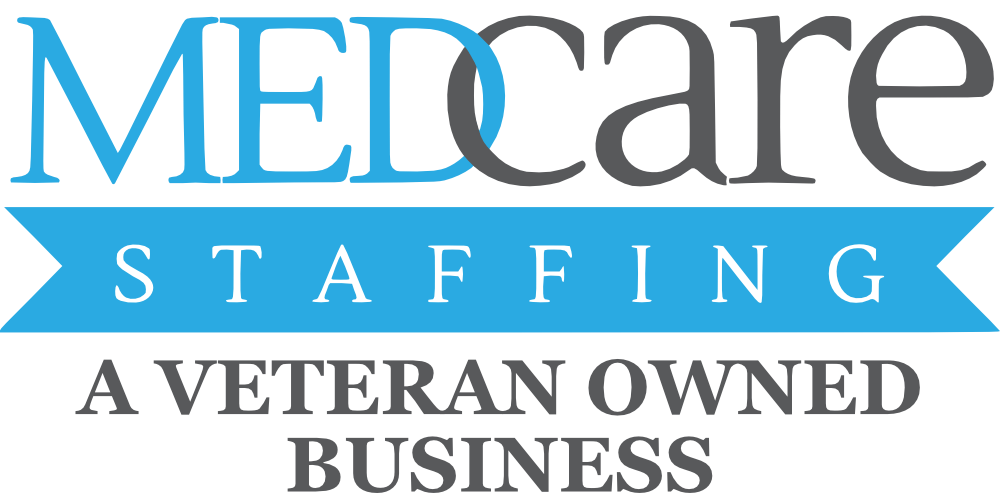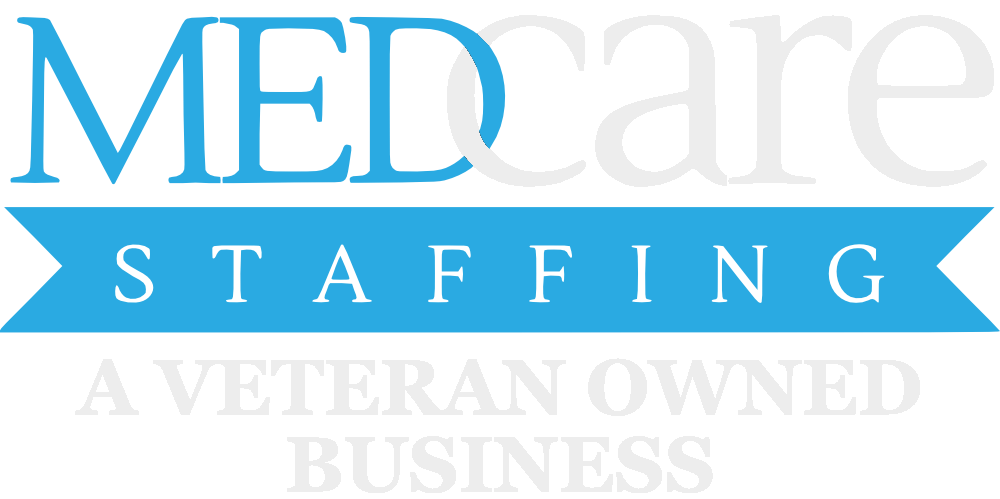
Mastering the art of contract negotiations is a crucial skill that can significantly contribute to the personal and professional success of any new graduate entering the healthcare field. Whether you’re a new Doctor, Nurse, Nurse Practitioner, Certified Nurse Anesthetist, Dentist, or Physician Assistant, it’s a common myth that you have no negotiating power to bring to the table due to a lack of work experience. You may have more negotiating power than you think.
Healthcare is Growing Globally
Healthcare is one of the fastest-growing occupations in the United States. Currently, 14 % of adults in the United States are employed in healthcare. According to the United States Bureau of Labor Statistics, jobs in healthcare between 2022 and 2032 are projected to grow faster than jobs in any other industry, with an average annual opening of 1.8 million.
Always Negotiate
Mastering the art of negotiations is the key to success, especially for a new healthcare graduate. If you can negotiate a career package that will help you financially and personally, you’ll be on the path to a healthy and happy career in healthcare.
Top Insights to Consider Before Entering Contract Negotiations
- Know what you want: It’s vital to assess what you desire in a job opportunity: Do you like to work full-time, part-time, or per diem? Do you want to work weekends and holidays? Are you ok with being on ‘call’? What base salary are you willing to accept? Are you willing to travel to different facilities? Do you want a certain amount of training before you are left to work on your own? Do you want an on-the-job mentor? Is the facility you are applying to close to your home, or will you have to commute? Do you use public transportation? Does the facility have access to public transit? Does the facility offer superchargers if you have an EV (electric vehicle)?
- Research is vital: Before entering a contract negotiation, it’s essential to research what other facilities are paying and offering as benefits compared to what you are being presented. Learn about the organization you are applying to: Do they share your values? Do you agree with the organization’s mission statement?
What are you bringing to the table?
- Know your value: Do you have a specific skill set that may benefit the organization? Do you speak different languages? Do you have any professional certifications? What computer programs and EMR (Electronic Medical Record) systems are you proficient in? Do you have any skillset in AI or VR (virtual reality)? Have you researched or published articles helpful to the hospital and or organization? What skills and job sets from previous employers could you use as a skillset in the position you are applying for? What type of internship or residency experience are you bringing with you? Do you have academic achievements that may help you stand out?
- Industry Knowledge: Did you complete your residency or clinical internships in a specific specialty? Are you specialized in one field like pediatrics, geriatrics, or women’s health? Have you done any community outreach work in the area where you are seeking employment? Have you created a product through innovation that could benefit the organization you are applying to?
What should you expect from the organization?
- Patient population: What type of patient population will you be servicing? How many patients are you mandated to see in one day or care for on one shift? Does the facility have issues with staffing ratios and safe staffing? Have they been in the media for safe staffing issues? Have employees gone on strike recently? What safety precautions does the organization have to keep you and other employees safe? Have there been incidences of random acts of violence at the facility? How have these incidents been handled? Does the facility offer specific training for self-defense?
- What common complaints does the organization have? What keeps the management team up at night? Do you have a specific skill set that you can offer the management team? For example, if you become an expert at organizing grand rounds during your past clinicals or residencies, you could offer to start an educational symposium if one does not already exist. This skill could provide you with greater bargaining power.

Show Me the Money
Of course, the compensation you want to earn is essential when negotiating your first healthcare contract. But you may like to know what other benefits and ‘perks’ the healthcare organization can offer you, like:
- Licensing fee reimbursement
- School loan reimbursement
- CEU’s or CME’s
- Compensation to attend healthcare conferences related to your specialty
- Vacation and or sick time
- Health Insurance benefits, family leave of absence, and maternity leave
- Breastfeeding rooms and allotted time during your workday to pump
- Does the organization offer accessible on-site mental health services during working hours?
- Compensation for professional memberships
- Cellphones and personal laptops
- Transportation reimbursement
- Book subscriptions
- Mileage reimbursement for travel to another clinic
The Secret to Negotiating Your Contract
According to Carolyn Bupert, CRNP, JD, contract negotiation attorney expert, it’s best to follow the 3 Ps of negotiation:
Prepare: It’s essential to familiarize yourself with how the revenue is generated and brought into the practice or healthcare facility. Ask the practice management for data. Become familiar with CPT codes, dates, and fee schedules. The clinician’s billing regarding salary and overhead costs will determine whether the facility is profitable. A clinician’s salary should come to about one-third of their total billings, and the benefits should equate to about 25% of the base salary.
Nonmonetary contributions to the practice, such as patient satisfaction, increases in repeat customers, and declines in no-show appointments, should be measured. Patient testimonials are a great way to demonstrate value regarding these points.
Probe: During the interview, ask about the clinic or healthcare facility’s financial health. Determine what the expectations are regarding employer profits.
-Threats and opportunities?
-What does the budget look like?
-Strategic goals for the organization?
Propose: After doing your research and showing your value to the company in the interview sessions, don’t be afraid to ask what you want and get what you deserve.
Renegotiation Clause
Typically, after 90 days, 6 months, and a year, you may be reevaluated for your work performance and be reevaluated for a promotion or potential salary increase. This is your chance to show the organization how you have benefitted them and if you’ve made the organization money. Essential questions to ask include:
- How does the process of performance evaluation work?
- Ask to see the scoring tools used to evaluate you.
- Who does the performance evaluations?
- Who will be evaluating your EMR charts and patient cases?
- Will you have to submit patient charts?
- Is your credentialing process going to be affected?
What Happens Next?

Silence. After negotiating your contract, you might not hear back from the facility immediately. Don’t panic! Always remember that silence is golden.
After receiving an offer, it’s always best to take time process the offer and give it at least 1 to 2 days. Don’t just jump in when you hear back from the facility with an acceptance or a declination. Ensure the offer you get is right and you are satisfied before accepting.
Are you curious about locum tenens? MedCare Staffing has you covered! Click the link to speak to a recruiter today.

